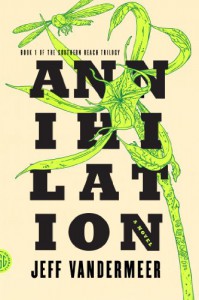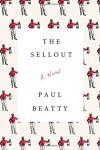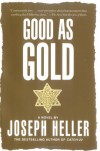Vampire Rock Concert


3.5 stars.
I did not enjoy Interview with a Vampire, but a good deal of that blame lays with the insipid main character Louis and his insufferable hand wringing. I didn't care for the narrative style of the book, which kept the characters at arm's length with its romantic stiltedness.
Good news is that The Vampire Lestat is an improvement in many ways. Lestat was always more full blooded than Louis, though with Lestat's origin story given here in full, we see that there was a lot of Louising going on in Lestat's early thinking, darn it all. The story begins well with descriptions of Lestat's childhood and vampiric conversion. Things take an ugly turn for the reader when Armand enters the picture in the novel's middle. He brings out the worst in Lestat, and suddenly the reader is drowning in sentimental syrup. I felt like I was being pelted with small refrigerator magnets, each carrying a tired gothic cliche:
Come now, the flames await...
I do not wish to suffer...
the master had been wise...
hard, sweet kisses...
the blood was the blood...
don’t weep for thy master...
melted into this ecstasy...
join the children of darkness...
hooded figures in mendicant black...
a great melancholy shape...
all will was extinguished in him...
I think about the time I read this last phrase, all will was extinguished in me, too, and I put on the audiobook version double speed with the irritating Simon Vance, who can’t seem to help giving any vampire a Transylvanian accent, regardless of the fact that he’s a born and bred Frenchman.
Fortunately for all involved, the character of Marius and his origin take up the final third of the book, and here things get downright intriguing once again. The ending is a veritable romp, and makes one wonder how nice the books would be if everyone would just relax and embrace the nocturnal adventure. Cliffhanger ending leads right in to book 3.
The book is a bit of a hot mess, but worth a look. Recommend 2x audiobook if you begin to feel queasy from the drivel.

 1
1
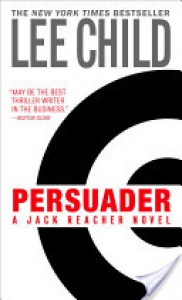


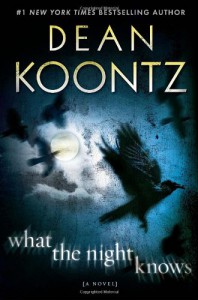

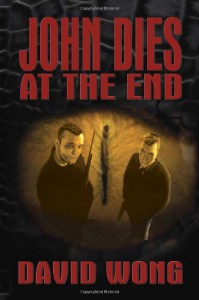


 3
3



